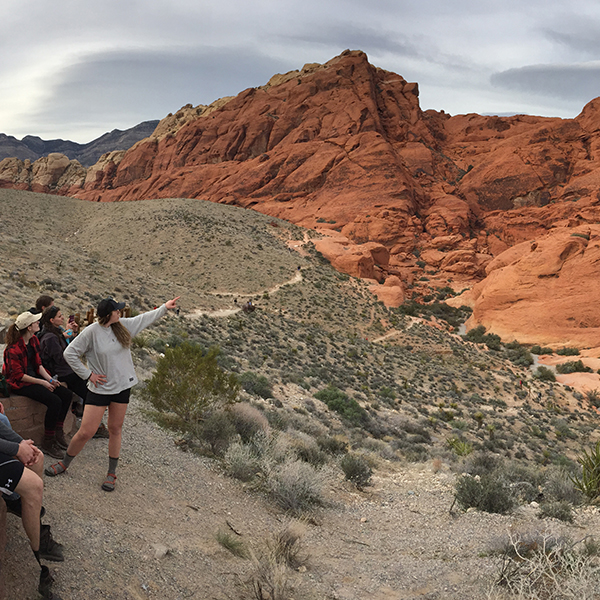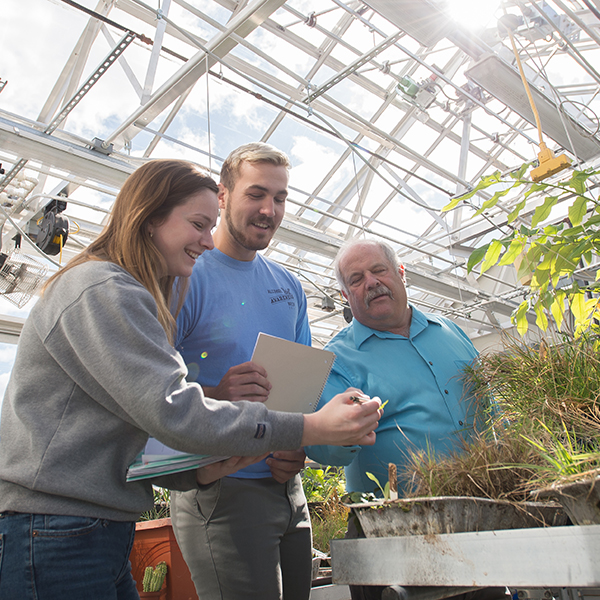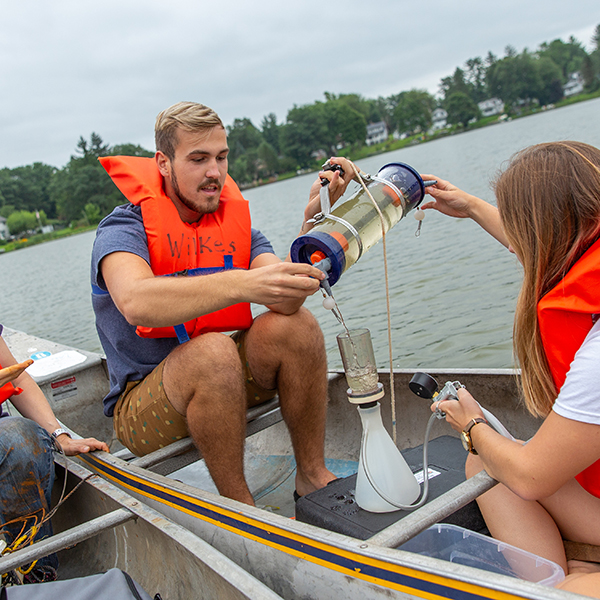As the world continues to navigate wide-ranging environmental issues, from climate change to biodiversity loss, to pollution and the over-utilization of natural resources, there is a growing need for leaders who not only understand these issues, but who are equipped to tackle them head on.
A degree in environmental studies prepares you to become an environmental professional who can help address these critical challenges both locally and globally.
Program Snapshot
| Program Type | Format | Credit Hours |
|---|---|---|
| Major, Minor | On Campus | 120 (18 for minor) |
Why Study Environmental Studies at Wilkes?
The world needs experienced professionals to tackle our most pressing environmental issues and finding solutions isn’t just limited to scientists. In the environmental studies program at Wilkes, students are empowered to meet the moment and become the environmental stewards our world needs by developing a multidisciplinary skillset.
The program features coursework in diverse fields including environmental science, geology, political science, history and philosophy. This unique approach prepares graduates of the program for a variety of career opportunities in both the public and private sectors. Whether you aspire to be an advocate, an educator, a lawyer or a nonprofit leader, you’ll gain valuable skills and make meaningful connections as an environmental studies major.
In the program, you’ll also engage directly with the community through service-learning projects, internships and outreach initiatives. This real-world experience lets you apply your skills and knowledge while preparing you for what comes after graduation.
What Will You Learn as an Environmental Studies Major?
- You will learn about Earth systems, biodiversity, weather, climate change, ocean science and the impacts of human activities on the environment.
- You will gain an understanding of the life cycle of the Earth’s resources and how those resources can be sustainably utilized.
- You will receive insight into environmental ethics and sustainability, learning not only how we can conserve the Earth’s resources, but how these efforts impact communities across the globe.
- You will study the histories, policies and laws that create the regulatory framework governing environmental issues on local, national and international levels.
- You will get the opportunity to work on real issues affecting our communities and apply the skills and knowledge you have learned to solve them.


